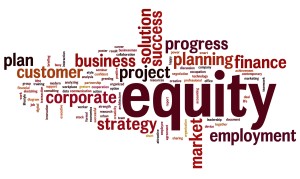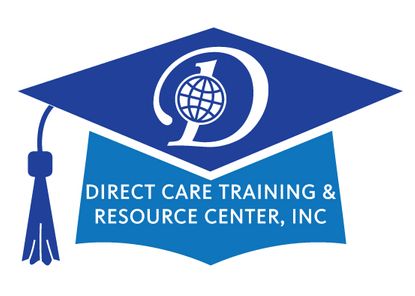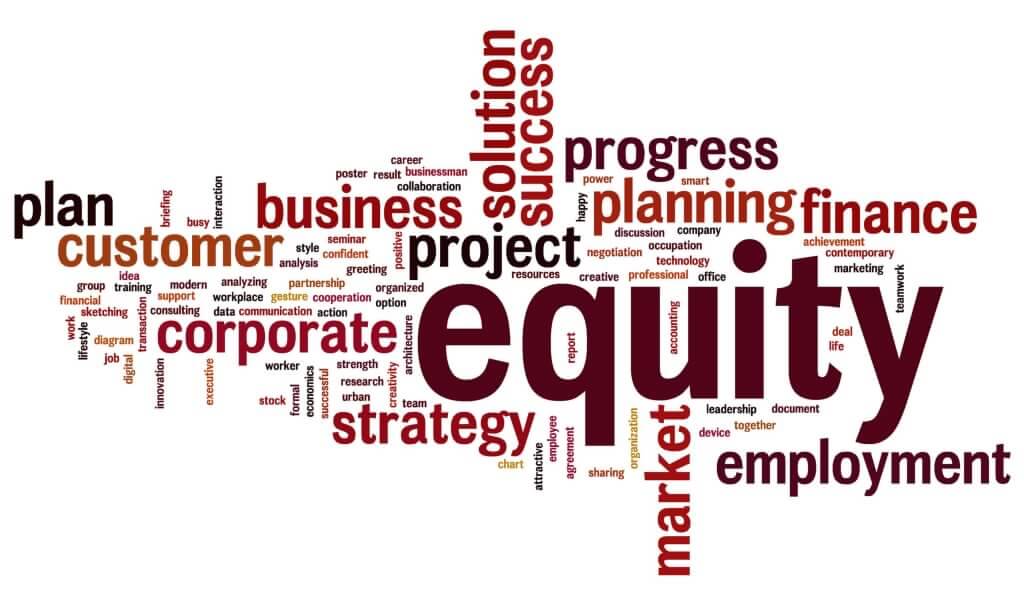 Like many businesses, adult day health care programs, special needs child day care and other health oriented business models need money to get started. Equity financing is an option that comes up more often than you might think. Here are a few tips to help you choose the best source for your business.
Like many businesses, adult day health care programs, special needs child day care and other health oriented business models need money to get started. Equity financing is an option that comes up more often than you might think. Here are a few tips to help you choose the best source for your business.
When it comes to the financing popularity contest, equity funding is currently in vogue. Articles in the mainstream media about venture capital have glamorized the concept of selling stock in your startup, and entrepreneurs across the board would much prefer to raise money in the form of equity rather than debt.
Why is equity so appealing? Because it feels like you’re getting “free” money during the startup stage. There are usually no repayment obligations and no interest payments due to equity investors. You’ll also have some say in negotiating the price of your stock, any dividend payments and the position the investor will have in your company. If your business goes belly-up, it’s their loss (unless, of course, your investors can prove in court that you didn’t disclose critical information that would have influenced their decision to invest).
 Besides providing funding, equity investors can be helpful in other ways as well. They bring their business experience and lessons learned to bear on your company, and they can become a trusted advisor, mentor or board member. The best equity investors are those with expertise in your industry, experience launching a business, a cool temperament and deep pockets. Some say choosing an equity investor is like getting married–you’re making yourself accountable to this person through thick and thin, so choose carefully. Look for strategists and not egomaniacs!
Besides providing funding, equity investors can be helpful in other ways as well. They bring their business experience and lessons learned to bear on your company, and they can become a trusted advisor, mentor or board member. The best equity investors are those with expertise in your industry, experience launching a business, a cool temperament and deep pockets. Some say choosing an equity investor is like getting married–you’re making yourself accountable to this person through thick and thin, so choose carefully. Look for strategists and not egomaniacs!
Before you go investor shopping, though, you should carefully think about just what you’re selling and what having equity investors really means for you and your business. Very few businesses will ever be able to deliver a decent return on investment (ROI) for equity investors immediately. The typical restaurant or retail store, for example, is unlikely to have any liquidity for its shares. And even if you plan to have a high-growth tech business, the chance of reaching liquidity for your early investors is low. You must be honest with yourself about whether your investors expect to be paid back.

Adult day care can be different. Centers that grow to rather large populations within the first 2 years can develop quite a positive cash flow but this depends largely on available public funding and a mix of private dollars. It also rests with the networking and marketing prowess of the program operators.
Assuming you won’t have a glamorous initial public offering, you’ll need to find a way to allow your investors a graceful exit. One option is to find a new wave of investors willing to buy out the old ones at a share price that feels like a win-win for all. Another option for investors–especially friends and family who want to stay involved–is to convert equity positions into loans. In my role as the promoter of large continuing education events, I have encountered these loan conversions 3 or 4 times, even though equity investors typically have no legal recourse in the event the event being promoted fails. This is one of the hidden secrets of startup financing–that equity investments from relatives, friends and other startup investors often morph into loans if the businesses fail. However, if a second breath can make that business viable, there can still be long-term gains for everyone.
 But what about good, old-fashioned loans? If the sheen of equity capital is tarnished by the reality of having to generate a respectable ROI, you can fall back on the old familiar friend: a loan. The good news about debt financing is that you’re still completely in charge of your business–your only duty to your lender is to make your payments on time, as spelled out in your promissory note. As long as you do that, your lender has no right to meddle in your business. Interest payments are typically a deductible business expense, and if your lender is someone you know well, you may be able to get favorable repayment terms that can make the loan walk and talk much like an equity investment.
But what about good, old-fashioned loans? If the sheen of equity capital is tarnished by the reality of having to generate a respectable ROI, you can fall back on the old familiar friend: a loan. The good news about debt financing is that you’re still completely in charge of your business–your only duty to your lender is to make your payments on time, as spelled out in your promissory note. As long as you do that, your lender has no right to meddle in your business. Interest payments are typically a deductible business expense, and if your lender is someone you know well, you may be able to get favorable repayment terms that can make the loan walk and talk much like an equity investment.
There are several ways to create this flexibility:
- Defer the start date of repayment by adding a “grace period.” Startup loans often have a six- to 12-month grace period before repayment starts, providing entrepreneurs with some time to ramp up the business.
- Capitalize interest. Your lender can also capitalize the deferred payments so they don’t lose interest funds during the grace period. This allows you to pitch a lender by suggesting a much longer grace period (if you think you’ll need more than 12 months).
- Use interest-only payments. If your lender wants to be repaid immediately, offer to make interest-only payments for a period of time to keep your monthly budget in check.
- Institute graduated payments. You can create a unique repayment schedule with low payments at the start of the loan and higher payments at the end when your business is proven.
For lenders who are very cautious about making a loan, you can offer to provide collateral on the loan, such as a lien on your car or home equity. Be careful, though: If your business isn’t yet well established, taking on this type of risk too early could be a bad move.
Another solution that some entrepreneurs have used to find a happy middle ground between debt and equity financing is convertible debt, which is simply debt that converts to equity as the business grows.
There is also a need to consider loans or investments from entities such as pension boards or community investment organizations, including those who make SBA backed loans. In these scenarios you will need to be able to quantity the likely number of jobs to be created, in what other ways the community will be impacted, etc. This will be discussed in a blog post next month.
Sign-in and share your thoughts and thanks for allowing us to share with you.
________________________________________________________
 For more on adult day health care maturation and the growth the industry is experiencing join the LinkedIn.com Groups:
For more on adult day health care maturation and the growth the industry is experiencing join the LinkedIn.com Groups:
Adult Day Care Innovation & Growth
Nursing Home Administrator Innovation
Small Scale Assisted Living Success Strategies
Our other homes on the web:
www.directcaretraining.com
Contact the blogger: info@directcaretrainiung.com
Information provided is accurate to the best of our knowledge and belief at the time of publication. We cannot be held liable in the event there is a policy or other change about which we were not aware before this blog post was completed. Photos used are just to make a point and may belong to their respective licensees. They must never be received as an indication of the support or endorsement of or by or affiliation with any individual or organization.

